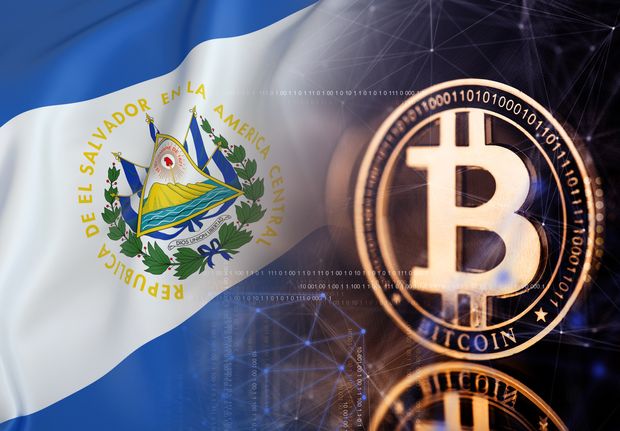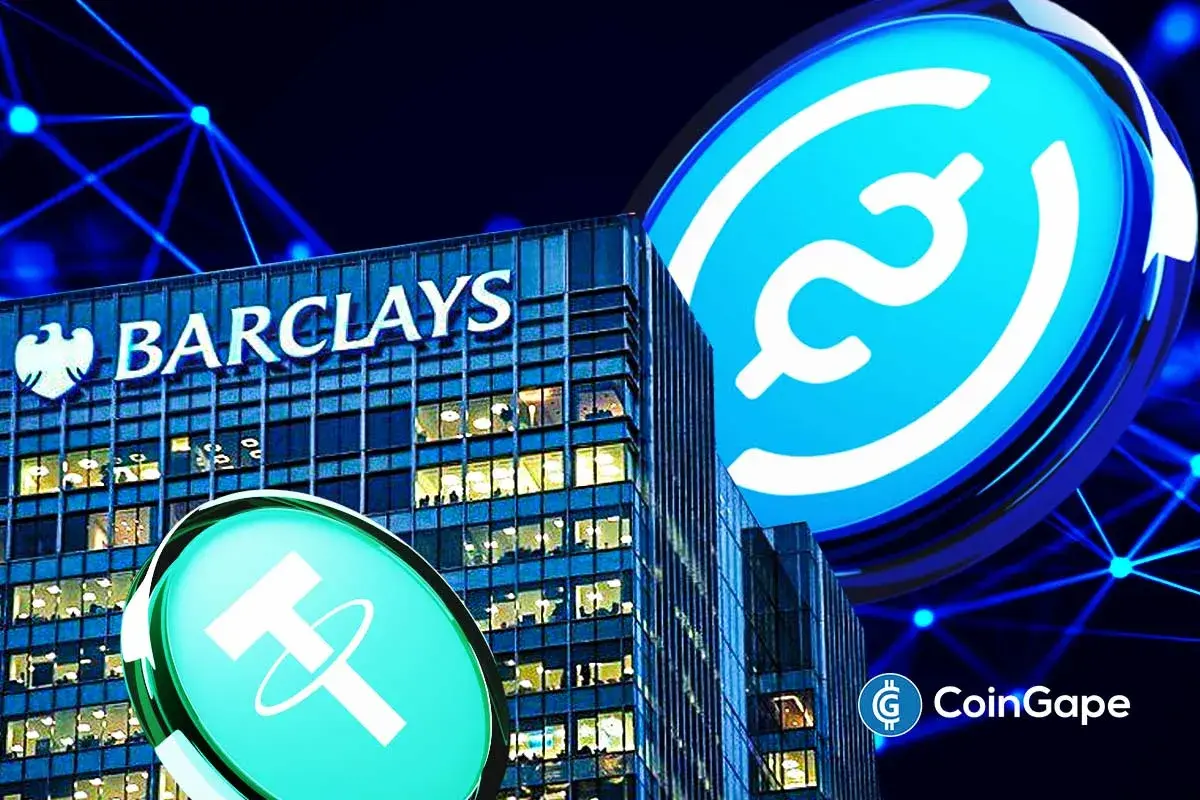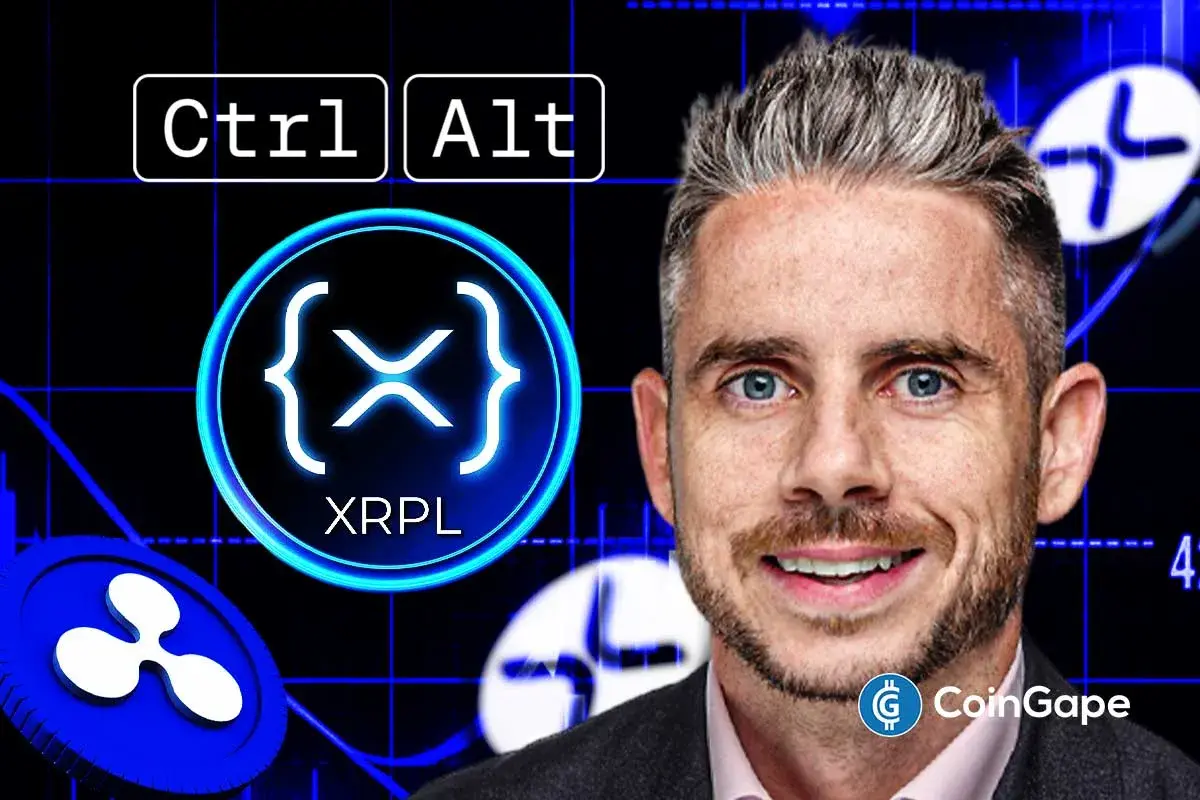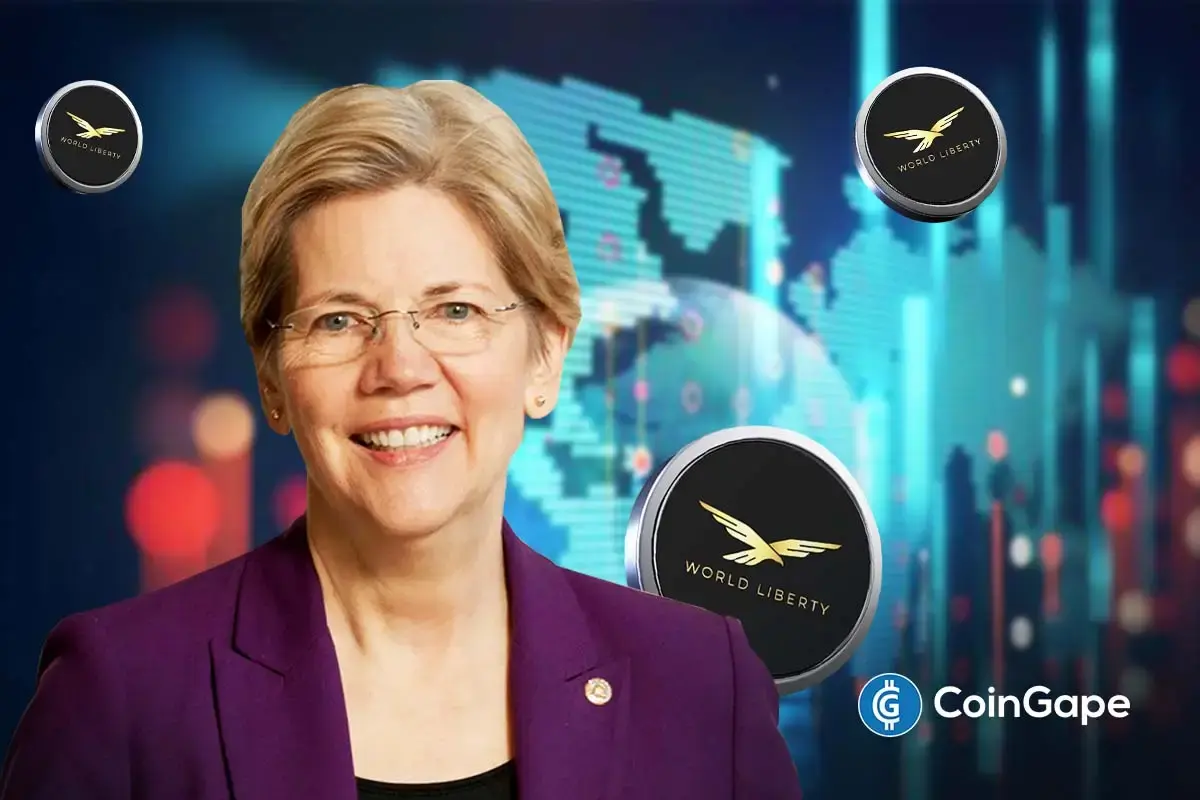El Salvador’s $1 Billion Financing Plans From IMF On Hinges Amid Bitcoin Adoption

The recent adoption of Bitcoin as a legal tender by the Latin American nation El Salvador has not gone well with global financial agencies like the IMF. Now, as the Latin American nation struggles to navigate through the economic downturn caused by the COVID-19 pandemic, its $1 billion financing plan from the International Monetary Fund stays at a critical point.
The IMF and El Salvador officials have been in consultation over the last few weeks ever since the Latin American country passed the controversial law. Earlier this month, IMF spokesperson Gerry Rice said:
“Adoption of bitcoin as legal tender raises several macroeconomic, financial, and legal issues that require very careful analysis. We are following developments closely, and we’ll continue our consultations with the authorities.”
On Wednesday, June 30, Victoria Nuland, U.S. undersecretary for political affairs, held talks with El Salvador President Nayib Bukele as part of her tour in the region. The diplomat said that she hopes IMF and El Salvador to settle the issue regarding the Bitcoin row, reported Reuters.
With the IMF raising concerns about El Salvador’s Bitcoin adoption, the $1 billion financing agreement remains on tenterhooks and under discussion.
The Challenges With Bitcoin Implementation
El Salvador’s historic passing of the Bitcoin law sets up new precedence in the world of global finance. The implementation of the law shall happen across the country by September 7.
With this law, Bitcoin will become a legal tender meaning merchants offering their goods and services will have to accept Bitcoin as payment. This puts Bitcoin at an equal footing with the country’s other legal currency, the U.S. Dollar.
Interestingly, the World Bank denied any help to El Salvador in the legal implementation of Bitcoin as a currency within the country. However, coming to El Salvador’s rescue is the Central American Bank for Economic Integration (CABEI) who is ready to assist the country.
Besides, amid the ongoing friction with the IMF, Bitcoin evangelist Max Keiser suggested to El Salvador to float Bitcoin ‘Volcano Bonds’ to retire the IMF loans. The bonds shall be tied to the excess geothermal energy production by El Salvador. President Bukele is keen on setting up Bitcoin mining plants by using clean energy in El Salvador.
Play 10,000+ Casino Games at BC Game with Ease
- Instant Deposits And Withdrawals
- Crypto Casino And Sports Betting
- Exclusive Bonuses And Rewards

- Ripple Could Gain Access to U.S. Banking System as OCC Expands Trust Bank Services
- $2T Barclays Explores Blockchain For Stablecoin Payments and Tokenized Deposits
- Breaking: U.S. PPI Inflation Rises To 2.9%, BTC Price Falls
- XRP News: Ripple-Backed Ctrl Alt Completes $280M in Diamond Tokenization on XRPL
- Bitwise CIO Calls Bitcoin Selloff ‘Classic Cycle,’ Dismisses Manipulation Rumors
- Top Analyst Predicts Pi Network Price Bottom, Flags Key Catalysts
- Will Ethereum Price Hold $1,900 Level After Five Weeks of $563M ETF Selling?
- Top 2 Price Predictions Ethereum and Solana Ahead of March 1 Clarity Act Stablecoin Deadline
- Pi Network Price Prediction Ahead of Protocol Upgrades Deadline on March 1
- XRP Price Outlook As Jane Street Lawsuit Sparks Shift in Morning Sell-Off Trend
- Dogecoin, Cardano, and Chainlink Price Prediction As Crypto Market Rebounds

 Buy $GGs
Buy $GGs

















